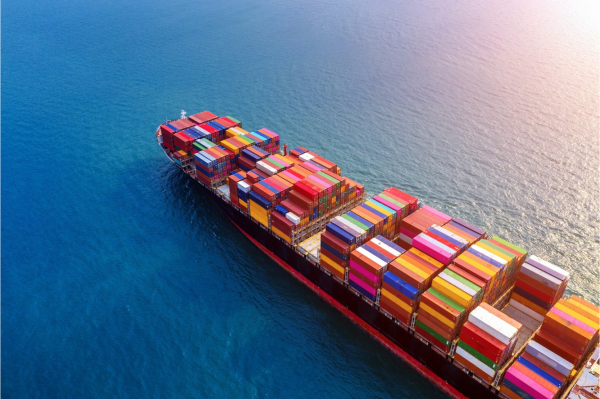
Road freight transportation in the UK is an essential aspect of the country’s economy, with goods transported via lorries and other heavy vehicles across the country every day. This transportation mode plays a critical role in supplying businesses and consumers with goods ranging from food to raw materials and finished products.
The UK road freight industry is highly regulated, with strict safety and environmental standards in place to ensure the safe transportation of goods and the protection of the environment. These regulations cover vehicle maintenance, driver licensing and hours of service, cargo securement, and more.
There are various types of road freight transportation
In the UK, including full truckload (FTL), less-than-truckload (LTL), and groupage. FTL involves a single consignment being transported in a single vehicle, while LTL involves multiple consignments being consolidated into a single vehicle. Groupage involves multiple consignments from multiple shippers being combined into a single vehicle and transported together.
Road freight transportation in the UK is highly competitive, with many companies offering services to customers across the country. These companies vary in size and scope, from small local operators to large international logistics providers.
Sure, here’s some more information about road freight transportation in the UK:
The UK has an extensive network of roads and motorways, which makes road freight transportation a convenient and efficient way to move goods. However, congestion on some major routes can cause delays and increase transportation costs.
To address this issue, the UK government has invested in various infrastructure projects, including the construction of new motorways and highways, to improve road freight transportation and reduce congestion. The government has also introduced various measures to encourage the use of environmentally friendly vehicles, such as electric and hybrid trucks, in the road freight industry.
The UK road freight industry also faces challenges related to Brexit, as the country’s departure from the EU has led to changes in customs and border regulations. This has resulted in additional paperwork and delays at the border, which can increase transportation costs and impact delivery times.
To address these challenges, the UK government has introduced various measures to streamline customs procedures and reduce border delays. These include the implementation of new border control systems and the provision of additional training and support for businesses involved in international trade.
Overall
Road freight transportation in the UK is a vital component of the country’s economy, with a robust regulatory framework in place to ensure the safe and efficient movement of goods. While the industry faces challenges related to congestion, environmental concerns, and Brexit, ongoing investments in infrastructure and government support are helping to address these issues and ensure the continued success of the sector.











